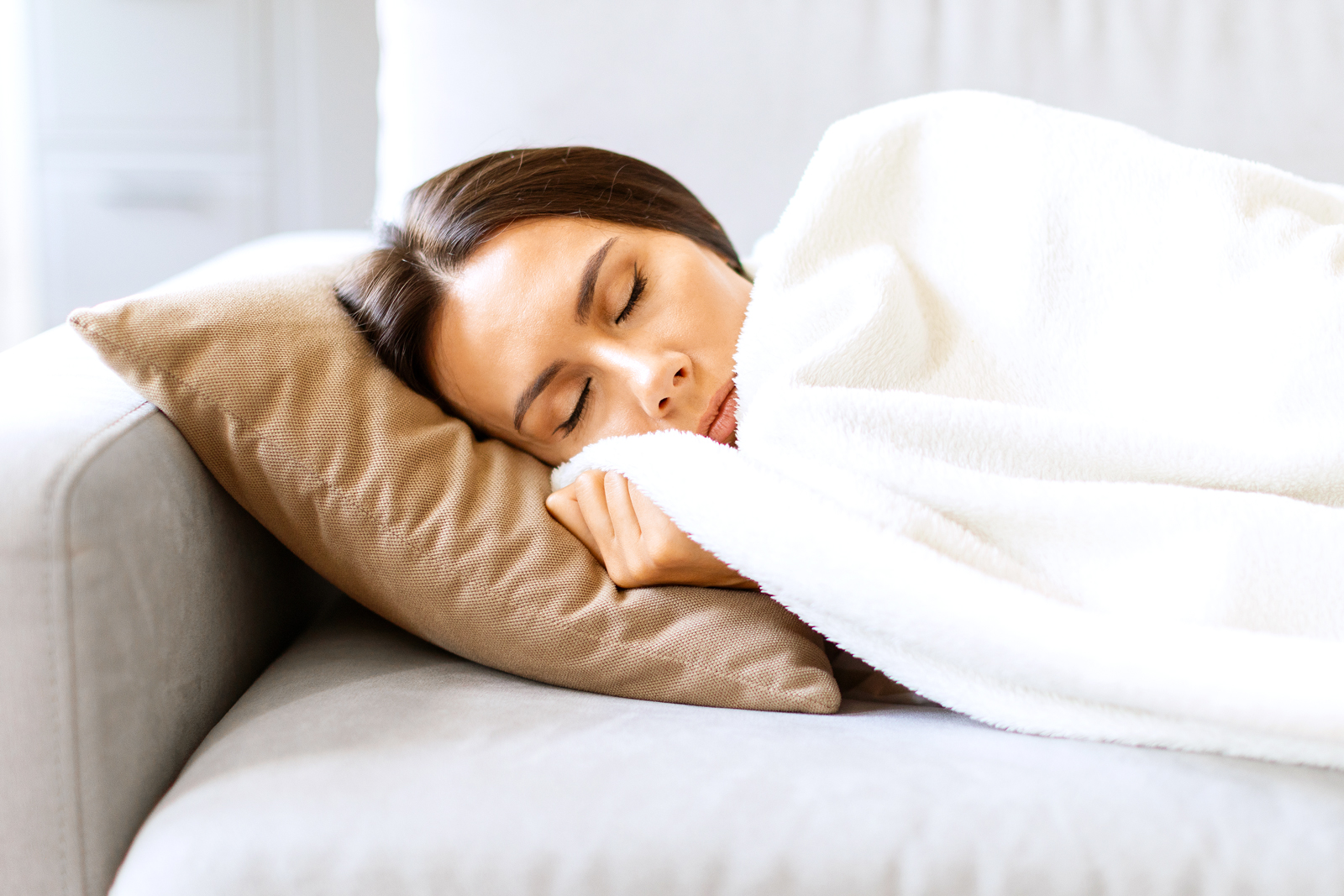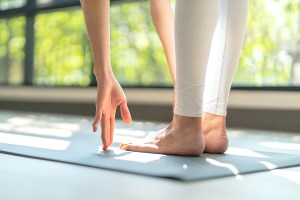We’ve all been there: The end of the year creeps in and with it comes seemingly endless gray weather and shorter days. You start feeling sleepy and sluggish, and wonder if it’s you or just the change of seasons. It turns out, it’s both. The lack of vitamin D might actually be affecting you in more ways than one — especially when it comes to sleep.
“As the days get shorter and sunlight exposure decreases, you might notice you feel more tired,” positive psychologist and One More Day author Niyc Pidgeon explains. “Spending time outside in natural sunlight directly impacts your circadian rhythm, melatonin and serotonin production, and levels of vitamin D.” When that sunlight is taken away, as days get shorter and shorter, serotonin levels will naturally become lower. This can affect your mood and even cause you to feel sleepier than you would in the summer months.
Although having your mood shift a bit as the weather changes is normal, anyone who is feeling depressed for extended periods of time in the winter should be aware of the signs of seasonal affective disorder (SAD). According to Pidgeon, SAD is a “type of depressive disorder, which presents with similar symptoms as major depression, although the pattern is seasonal, with symptoms appearing within the same season each year, usually during colder, darker months and lessening as days get longer, lighter, and warmer.” SAD affects more than 15 million Americans each year.
Once-in-a-while blues can be normal and there are some simple things you can do to boost your mood if you’re missing the sunlight. “Artificial light boxes and lamps mimicking the sunrise and daylight can help increase light exposure when it becomes more difficult to get it naturally outside,” Pidgeon says. “[Additionally,] being self-aware of your symptoms means you’re able to combat them through intentional daily activities such as practicing meditation, sharing gratitudes with others, and planning things into your week that bring you joy.” But if it’s more than the blues and you’re still feeling possible effects of SAD, don’t hesitate to seek professional help.
This article is for general informational purposes only.
Affiliate Disclaimer Medical Disclaimer
















 Unique Beauty is free for all users.
Unique Beauty is free for all users.